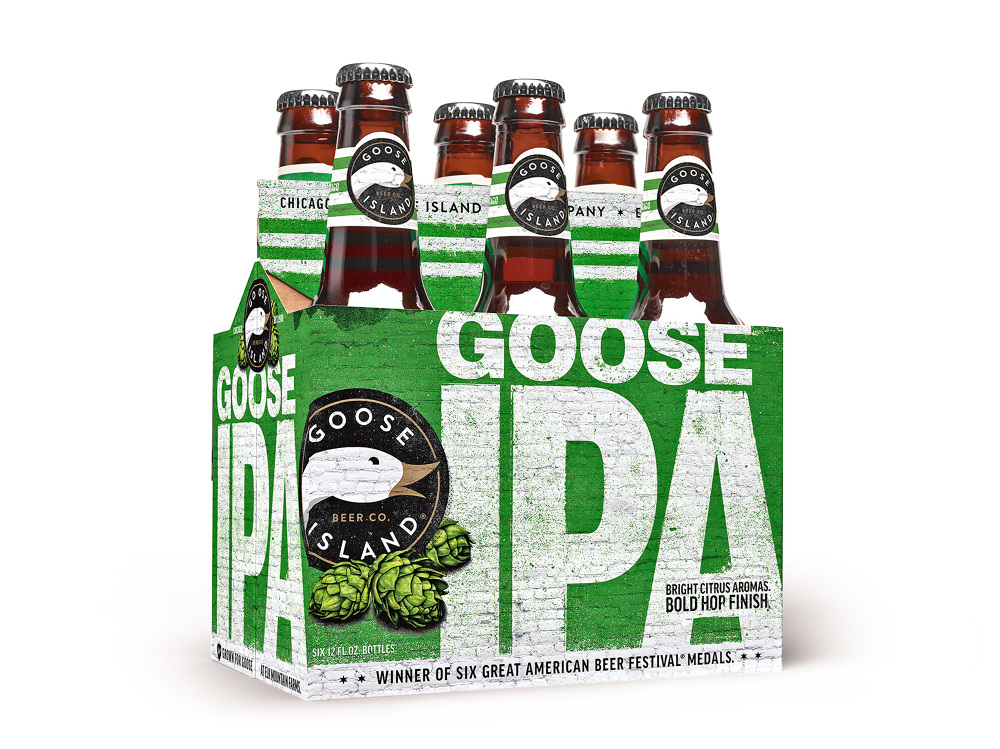 China has more than 1.3 billion people, so it only makes sense that China accounts for a quarter of the world’s beer volumes. It is also a fierce and competitive market. According to this awesome Wall Street Journal article: In China, 70 percent of the market share is split among five robust competitors — CR Snow, Tsingtao Brewery Co., Anheuser-Busch InBev, Beijing Yanjing Brewery Co. and Carlsberg A/S. CR Snow (officially China Resources Snow Breweries Ltd.), which used to be a joint venture between China Resources Enterprise and multinational SABMiller, but in March of last year CR Snow bought out SABMiller for $1.6 billion and has become the market leader, owning between 23 to 25 percent of China’s market share depending on the year. Also, China Resources is a state-owned enterprise.
China has more than 1.3 billion people, so it only makes sense that China accounts for a quarter of the world’s beer volumes. It is also a fierce and competitive market. According to this awesome Wall Street Journal article: In China, 70 percent of the market share is split among five robust competitors — CR Snow, Tsingtao Brewery Co., Anheuser-Busch InBev, Beijing Yanjing Brewery Co. and Carlsberg A/S. CR Snow (officially China Resources Snow Breweries Ltd.), which used to be a joint venture between China Resources Enterprise and multinational SABMiller, but in March of last year CR Snow bought out SABMiller for $1.6 billion and has become the market leader, owning between 23 to 25 percent of China’s market share depending on the year. Also, China Resources is a state-owned enterprise.
AB InBev says fuck that noise: None shall have more market share than Beer Voltron; currently, AB InBev controls about 16 percent of the Chinese market. In this article on Fortune (a fairly reputable zine), AB InBev and its Goose Island “craft brand” are employing some unsavory tactics to nudge out smaller players in China and thus consume ever more market share. Slow Boat Brewery (not these guys) is a craft beer maker that runs a brewpub in Beijing and distributes to a dozen cities in China, but its taps are allegedly being absconded by AB InBev and its shady dealings. According to the Fortune article:
One of those restaurants [carrying Slow Boat’s taps], a popular spot called Home Plate BBQ, once sold five Slow Boat drafts on its nine taps. Slow Boat sent a technician weekly to take care of the tap lines: “We bought them, installed them, and maintained them,” says [Slow Boat owner Chandler] Jurinka. But one day the tech was startled to find a device called a flow meter monitoring every line. Flow meters measure the beer passing through the taps, as a way for restaurants to track sales.
Home Plate itself hadn’t installed the meter: The global beer giant AB InBev (BUD) had. The restaurant owners told Jurinka it was a free perk from the brewer of Budweiser, Corona, and Stella Artois. With one move, AB InBev had earned goodwill with the restaurant and got a source of intel on its competition — since the meter could monitor Slow Boat’s sales in real time. Jurinka, a broad-shouldered former U.S. Army sergeant, was incensed, he says, “but other than take our beer off tap, there was little I could do about it.”
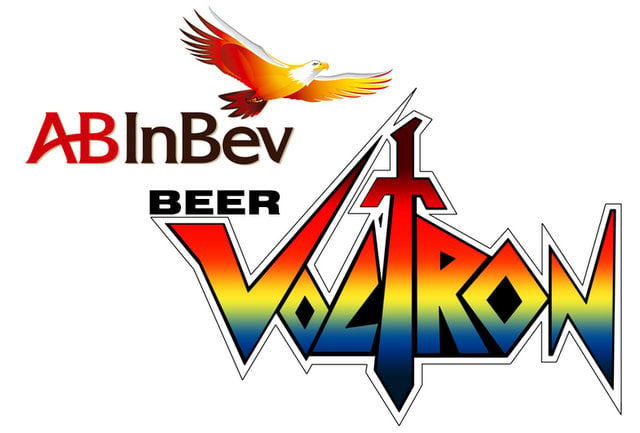 Eventually, Home Plate replaced all but one of Slow Boat’s taps with three Goose Island beer brands; Goose Island entered Beijing in early 2016. AB InBev, whose market share and sales have been shrinking in the United States, is looking to bully its way into new markets to find the growth its investors demand. It’s now using its craft brands to do that intimidating and pilfering (targeting China’s money-spending, premium-product-craving younger generation), and let’s not forget Beer Voltron has purchased nine American craft breweries over the past six years. Alas, Goose Island has just become another pawn in the game of world market domination. From the Fortune article:
Eventually, Home Plate replaced all but one of Slow Boat’s taps with three Goose Island beer brands; Goose Island entered Beijing in early 2016. AB InBev, whose market share and sales have been shrinking in the United States, is looking to bully its way into new markets to find the growth its investors demand. It’s now using its craft brands to do that intimidating and pilfering (targeting China’s money-spending, premium-product-craving younger generation), and let’s not forget Beer Voltron has purchased nine American craft breweries over the past six years. Alas, Goose Island has just become another pawn in the game of world market domination. From the Fortune article:
AB InBev is seizing [additional advantages too]: Thanks to China’s weak regulatory climate, it can muscle into the market in ways that wouldn’t pass muster in the U.S. AB InBev has leaned on distributors to keep them from carrying other craft beers. It has given bars incentives to promote Goose Island while shoving other beers off the taps — deals that would be illegal in the States. It’s offering lavish salaries to poach local brewing talent. “AB InBev wants to be a craft-beer brewer,” says Gao Yan, who owns a Nanjing craft brand called Master Gao. “But they want to act like a big brewer.”
Well said, Yan. Well said.


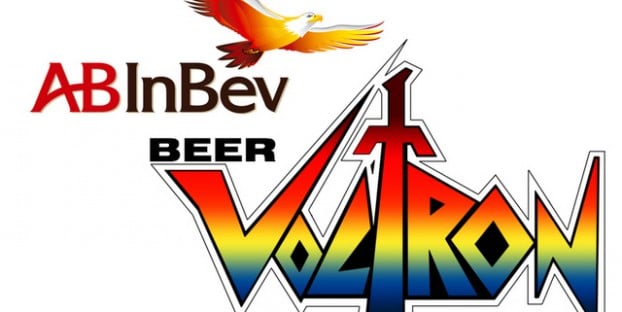
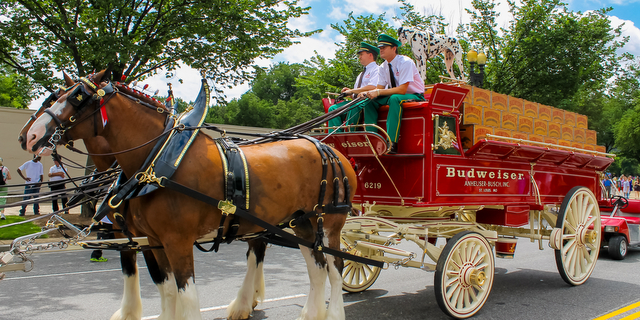
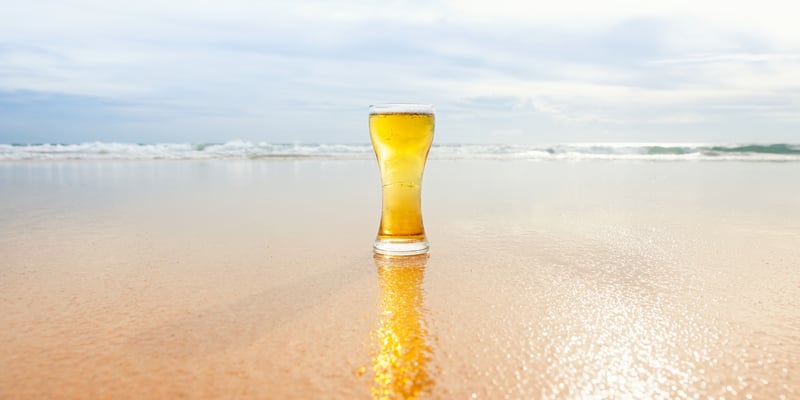
Leave a Reply
You must be logged in to post a comment.